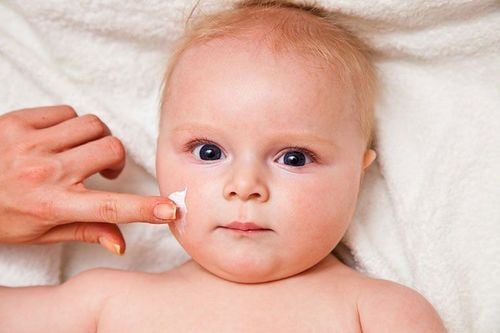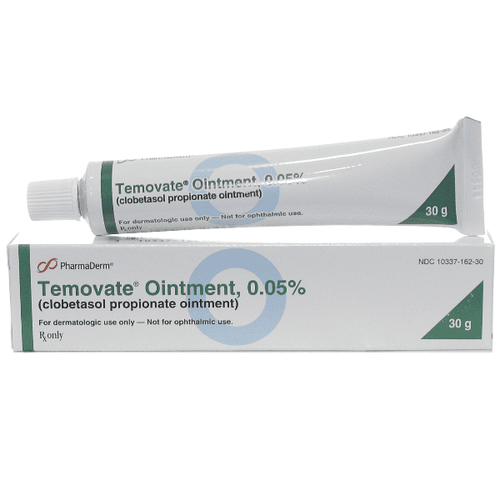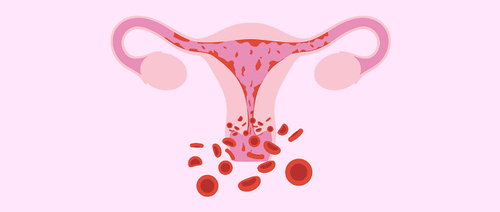This is an automatically translated article.
Women officially enter menopause one year after the last menstrual period. When entering this stage, the body will have certain changes, especially skin aging and weak hair, loss. However, with the right care, you can reduce these effects. The following article will help you read how to take care of your skin during menopause effectively.
1. What are the effects of menopause?
At menopause, women's skin and hair have many changes because entering this period, hormone levels drop sharply, skin becomes dry, less elastic, slack and thin, can be noticed. Hair loss on face and hair loss.
Appearance of age spots and other signs of sun-damaged skin If exposed to direct sunlight for a long period of time without sun protection, not to menopause that you can see the effects right now. Age spots and larger areas of dark skin may appear on your face, hands, neck, arms, or chest.
The risk of skin cancer and pre-cancer is also becoming more common. So, to protect your skin, slow down skin and hair aging, you need to:
Apply sunscreen every day before going out. sunny outdoors. To give your skin the protection it needs, use a broad-spectrum sunscreen with SPF 30 or higher. Apply cream to all areas of skin that clothing will not cover. Should wear sunscreen, gloves, ... when going out in the sun. Using sunscreen and wearing protective clothing can help fade age spots, prevent new ones from forming, and reduce your risk of skin cancer. Periodic general health check, skin check. It's a good idea to see a dermatologist for regular skin cancer screenings. The risk of skin cancer increases with age. As your risk increases, skin cancer screening becomes very important. The earlier skin cancers and precancerous masses are found, the more treatable they can be.
Easy to bruise When estrogen levels decrease, the skin becomes thinner. When the skin is thin, it is easier to get dark spots.
To improve thin skin condition, you can do the following:
Apply broad spectrum sunscreen with SPF 30 or higher every day. While this cannot thicken your skin, it can prevent it from further thinning. You want to apply sunscreen to your face, hands, neck, and any other areas that clothing won't cover. You should do this daily, even in winter.
Consult a dermatologist about treatment options. A dermatologist will be honest about what might work for you. For some women, a retinoid cream may be helpful. Laser treatment may be another option.

Thoa kem chống nắng mỗi ngày trước khi ra ngoài trời nắng để bảo vệ làn da của bạn
Dry skin By menopause, the skin loses some of its ability to hold water, so it becomes drier. This can be especially noticeable in hot, dry weather.
To improve dry skin, you can do the following:
Wash your face with cleansers, makeup removers for dry skin. Do not use bath soap because for mature skin, the soap can be too dry.
Apply moisturizer after showering and throughout the day when your skin feels dry. Moisturizers with hyaluronic acid or glycerin can be especially helpful.
See a dermatologist if your skin still feels dry. Exfoliation can be helpful, but it's still a good idea to see a dermatologist before trying one of these methods. During menopause, the skin becomes thinner and trying one of these at home may do more harm than good.
Appearance of facial hair As female hormone levels drop, you may notice unwanted hair under your chin and along the jawline or on your lips.
To improve more facial hair, waxing can be a suitable option. If your skin becomes too thin for waxing, your skin may tear and bleed. Therefore, it is still best to see a dermatologist, who can advise and suggest the right product to use to remove unwanted hair.
Options include laser hair removal and prescription hair reduction creams. It should be done at reputable medical facilities to avoid experiencing side effects after hair removal.
Hair loss At menopause, many women notice thinning of the hair on their heads. The first sign that can be seen is hair loss. Some women notice that their hairline begins to shrink.
To improve hair loss in menopause, when you see a lot of hair loss, you should start treatment as soon as possible, the better your results.
You should see a dermatologist to find out the cause of your hair loss and the right treatment. If hair loss is caused by menopause, your dermatologist may recommend treatment with minoxidil, laser, or both.
If you have lost too much hair before, please refer to the hair transplant method
Aging, sagging skin and wrinkles appear During menopause, the skin rapidly loses collagen. Studies show that a woman's skin loses about 30% of its collagen during the first five years of menopause. After that, the decline gradually. Women lose about 2% of their collagen each year for the next 20 years.
When collagen is reduced, the skin loses its firmness and begins to sag. Wrinkles that used to appear only when smiling or frowning are now visible all the time
Puffiness appears, the corners of the eyes are full of wrinkles Large pores are also due to lack of firm skin To prevent skin from flowing Faster sagging, more wrinkles, you need to protect your skin from the sun. This can reduce visible wrinkles and prevent new ones.
Refer to skin care products containing retinol or peptides. These ingredients can increase collagen production in the skin.
Pimples and other types of acne When female hormone levels drop before and during menopause, some women develop acne. Because women's skin is thinner and drier, to improve this condition you should:
Wash the acne-prone skin with a cleanser containing salicylic acid. This helps to unclog pores.
Avoid acne products with ingredients that dry out the skin. Drying the skin can make acne worse.
Go to a dermatologist if you can't control your acne, get hormonal treatment.
Sensitive skin, prone to rashes and irritation By the age of 50, the pH of the skin changes. With this change, the skin becomes more sensitive, women are prone to rashes and skin irritation.
If you notice this skin condition, you should use a fragrance-free moisturizer, this can reduce irritation.
See a dermatologist if skin rash persists or skin condition worsens. If your skin is dry and more prone to irritation, seek the help of a dermatologist.
Wounds on the skin heal more slowly. Hormones play an important role in the healing of our skin. When hormone levels drop, the skin takes longer to heal.
See a doctor if you have an infection or other skin problems. As the skin takes longer to heal, the skin is at risk of infection or other skin problems.
The age of menopause makes the condition of the skin and hair worse, so refer to the ways above to reduce these changes. At the same time, you should see a dermatologist for support, advice, and find an effective treatment plan.
Vinmec International General Hospital is the address for examination, treatment and prevention of diseases, including Dermatology. When performing the examination process at Vinmec, customers will be welcomed and used modern facilities and equipment along with perfect medical services under the guidance and advice of experts. Good doctors, well-trained both at home and abroad.
Please dial HOTLINE for more information or register for an appointment HERE. Download MyVinmec app to make appointments faster and to manage your bookings easily.
Reference source: aad.org













